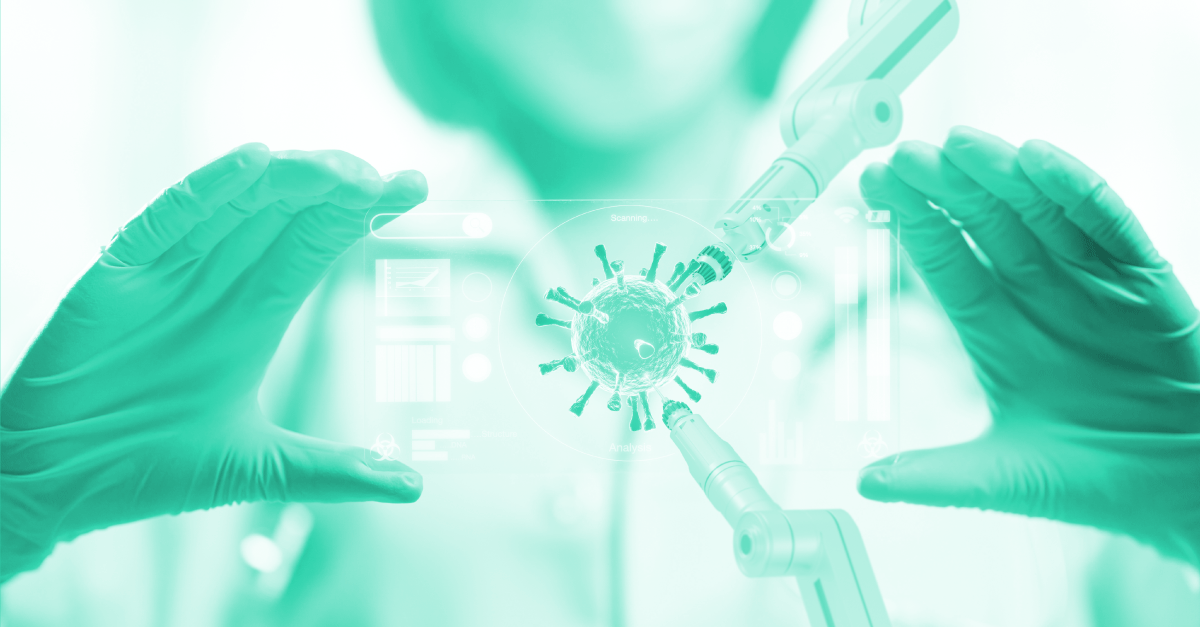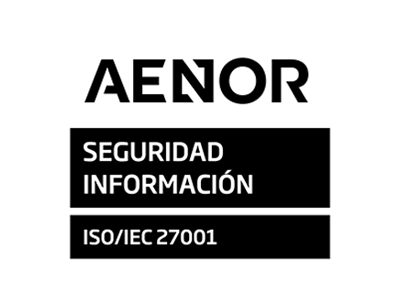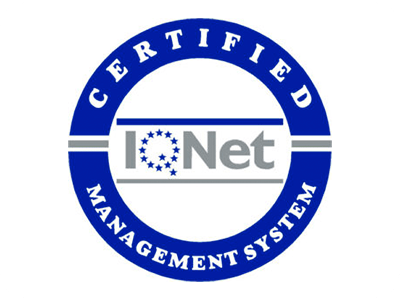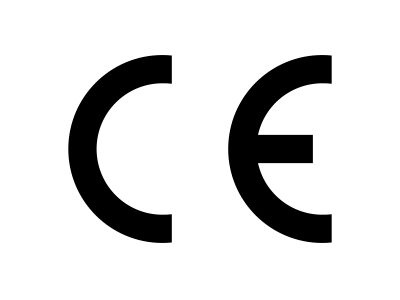Chat GPT: Reshaping Healthcare Communication with AI-Driven Chatbots
May 18th 2023

Positioned at the forefront of change, ChatGPT is driving a much-needed shift in the healthcare landscape. By seamlessly integrating into the existing healthcare ecosystem, it is streamlining communication, augmenting decision-making, empowering patient voices, and ultimately enhancing the quality of care.
In an era of rapid technological advancements, one AI-based chatbot stands out as a trailblazer in the healthcare industry. ChatGPT, with its remarkable capabilities and intuitive interface, is leading the way in transforming how healthcare is delivered and experienced. This powerful tool is not only revolutionizing patient interactions but also providing much-needed support to healthcare professionals. As the forefront of change, ChatGPT is empowering patient voices and enhancing the efficiency of healthcare services, heralding a new era of innovation and collaboration. Join us as we delve into the ways in which ChatGPT is reshaping the healthcare landscape and ushering in a brighter future for all stakeholders involved.
ChatGPT Applications in Healthcare
1. Virtual Assistants for Telemedicine
With the rise of telemedicine, ChatGPT can be utilized to develop virtual assistants that help patients schedule appointments, receive treatment, and manage their health information from the comfort of their homes. By providing guidance and support remotely, these virtual assistants can enhance the patient experience and streamline healthcare delivery.
2. Clinical Decision Support
ChatGPT can offer real-time, evidence-based recommendations to healthcare providers, improving patient outcomes. By suggesting appropriate treatment options, flagging potential drug interactions, and providing clinical guidelines for complex cases, ChatGPT can serve as an invaluable resource for clinicians, helping them save time, reduce errors, and deliver better patient care.
3. Medical Recordkeeping
Automating the medical recordkeeping process can be made possible through ChatGPT. The AI can generate summaries of patient interactions, medical histories, and other essential details. Additionally, ChatGPT can extract relevant information from patient records, such as lab results or imaging reports, enabling healthcare professionals to access critical data quickly.
4. Medical Translation
ChatGPT’s advanced language processing capabilities allow it to provide real-time translation services, facilitating communication between patients and healthcare providers. By accurately and rapidly translating medical jargon, technical terms, and common expressions, ChatGPT ensures that patients can understand their diagnosis, treatment options, and medication instructions without any language barriers.
5. Medication Management
Managing medications can be challenging, especially for patients taking multiple prescriptions. ChatGPT can assist patients in keeping track of their medications, including reminders, dosage instructions, and potential side effects. Additionally, the AI can provide information about drug interactions, contraindications, and other important considerations that may affect medication management.
6. Disease Surveillance
Both medical experts and the general public can use ChatGPT to monitor global health data, providing real-time insights into potential outbreaks and facilitating early response efforts. By analyzing large volumes of data from various sources, ChatGPT can detect patterns and anomalies that could indicate the emergence or spread of a disease, empowering healthcare providers and the public to take appropriate preventive measures.
7. Medical Writing and Documentation
ChatGPT can assist healthcare professionals in writing and documenting medical reports, such as clinical notes and discharge summaries, by providing real-time suggestions and corrections. This can help streamline the documentation process and ensure that the information recorded is accurate, comprehensive, and up-to-date.
8. Clinical Trial Recruitment
Clinical trial recruitment can be a challenging process. ChatGPT can be used to identify potential participants for trials by analyzing large amounts of patient data and pinpointing individuals who meet the trial’s eligibility criteria. This targeted approach can make clinical trial recruitment more efficient and effective, ultimately accelerating the development of new treatments and therapies.
9. Symptom Checkers
Virtual symptom checkers powered by ChatGPT can help patients identify and interpret potential health issues. By offering guidance on next steps and providing information on self-care measures, these symptom checkers can empower patients to take control of their health and make informed decisions about when to seek medical attention.
10. Patient Triage
ChatGPT can be used to triage patients by asking them questions about their symptoms and medical history, determining the urgency and severity of their condition, and ensuring that they receive the appropriate level of care.
11. Drug Information
ChatGPT can serve as a comprehensive resource for real-time information about drugs, including side effects, interactions, and potential contraindications. By communicating with ChatGPT using natural language, patients can receive accurate and timely information, helping them make informed decisions about their medications.
12. Medical Education
ChatGPT can provide instant access to relevant medical information and resources for students and healthcare professionals, supporting their ongoing learning and development. This can help ensure that medical professionals stay up-to-date with the latest research, guidelines, and practices.
13. Mental Health Support
ChatGPT can be used to provide behavioral health support to patients, including screening for mental health conditions, offering coping strategies, and connecting patients with resources for further support.
14. Remote Patient Monitoring
Remote patient monitoring (RPM) is a popular method for improving patient outcomes while reducing healthcare costs. ChatGPT can be used to monitor patients remotely by analyzing data from wearables, sensors, and other monitoring devices, providing real-time insights into a patient’s health status. This can help healthcare providers intervene early and prevent hospitalizations or other complications.
Benefits of ChatGPT in Healthcare
- Improved Patient Engagement: By generating human-like responses to patient queries, ChatGPT can enhance patient engagement, leading to a better understanding of their health and fostering stronger relationships with their healthcare providers.
- Faster and More Accurate Diagnoses: The advanced processing capabilities of ChatGPT enable it to rapidly analyze and understand vast amounts of data, leading to quicker, more accurate diagnoses and treatment plans.
- Personalized Treatment Plans: ChatGPT can help healthcare professionals develop personalized treatment plans that cater to the specific needs of each patient. By taking into account various factors, such as a patient’s medical history, symptoms, and preferences, ChatGPT can help ensure that patients receive the most suitable care possible.
- Streamlined Communication: ChatGPT can facilitate seamless communication between patients and healthcare providers, reducing the likelihood of miscommunication and ensuring that patients receive the information they need to manage their health effectively.
Challenges of ChatGPT in Healthcare
- Data Privacy and Security: As with any technology that deals with sensitive patient data, there are concerns about the privacy and security of the information processed by ChatGPT. Healthcare organizations must ensure that they adhere to strict data protection regulations, such as HIPAA and GDPR, to safeguard patient privacy and maintain data security.
- Accuracy and Reliability: While ChatGPT has shown impressive capabilities in understanding and processing natural language, there are still concerns about its accuracy and reliability, particularly when it comes to diagnosing complex medical conditions or providing treatment recommendations.
- Ethical Considerations: The use of AI in healthcare raises various ethical considerations, such as the potential for job displacement, the undermining of the role of healthcare professionals, and the risk of further exacerbating existing healthcare disparities.
- Resistance to Change: The adoption of ChatGPT in the healthcare industry may face resistance from healthcare workers and administrators who may be concerned about job displacement or the need for additional training to effectively utilize the technology.
The Future of ChatGPT in Healthcare
Despite the challenges that remain, ChatGPT has substantial potential to revolutionize the healthcare industry and provide better care for patients. As AI technology continues to advance and becomes more integrated into healthcare systems, we can expect ChatGPT to play an increasingly vital role in improving patient outcomes, streamlining communication, and reducing healthcare costs.
In conclusion, ChatGPT is a game-changing technology that has the potential to significantly impact the healthcare industry. By offering improved patient engagement, faster and more accurate diagnoses, personalized treatment plans, and streamlined communication, ChatGPT is poised to become an indispensable tool for healthcare providers and patients alike. As we continue to explore and develop the capabilities of this revolutionary AI model, we can expect to see even more profound transformations in the healthcare sector in the years to come.
Find out how our virtual assistant can offer solutions to improve patient care and support healthcare decision-making.
Ready to see what we can do for you?
In the right hands, artificial intelligence can take human performance to a hitherto unimaginable level. Are you ready for evolution?




